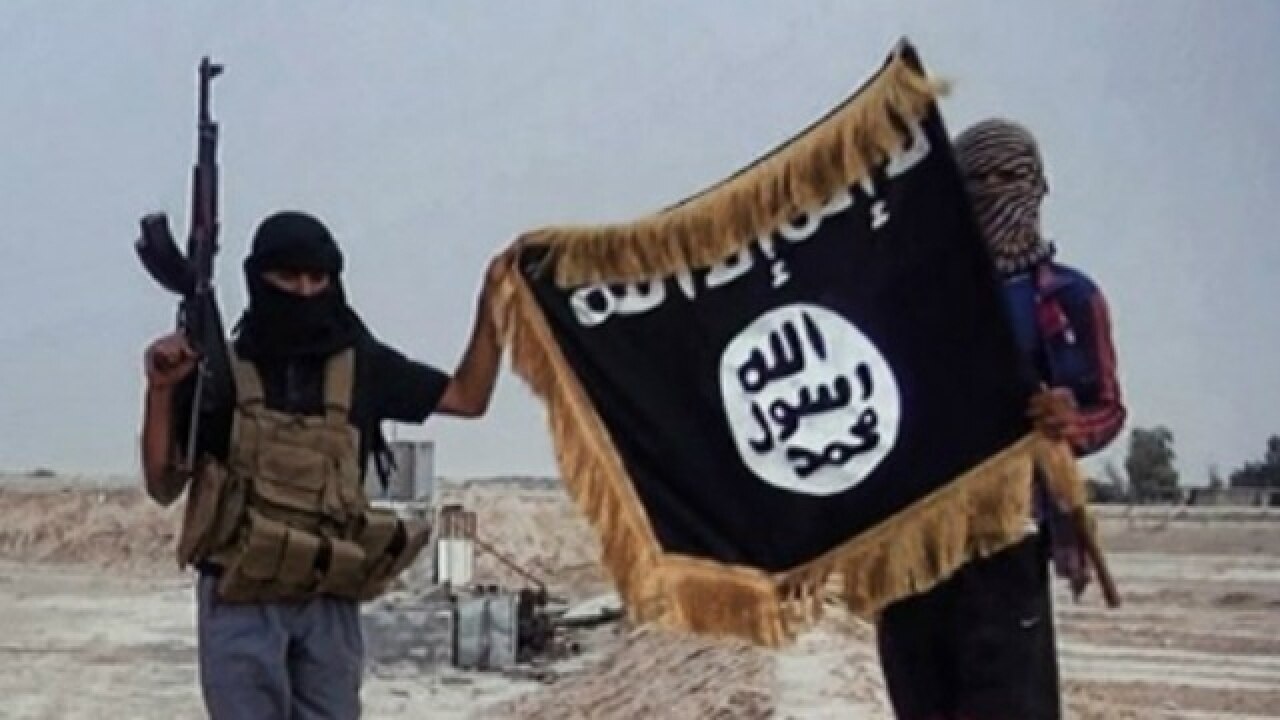
The ‘liberation’ of Mosul on Sunday (July 9) by Iraqi government forces from the murderous clutches of the Islamic State (IS) is cause for cheer — but cautiously so. It was three years ago in the summer of 2014 that IS leader Abu Bakr al-Baghdadi proclaimed the arrival of the new caliphate from the historic al-nuri mosque in Mosul and for some time, the IS controlled a swathe of territory in Iraq and Syria that was the size of Jordan.
The IS burst upon the global terrorist stage with macabre visibility that included televised beheading of its victims, the forced detention of captured women as sex slaves and imposition of harsh Sharia-derived laws. For a non-state entity — it appeared that the IS was acquiring a rogue state-like contour that drew its murderous sustenance from an inflexible and exclusive interpretation of the Islamic canon derived from the Wahab-Salafi school of Saudi Arabia.
The beleaguered Iraqi government in Baghdad had to swallow the ignominy of losing its second-largest city (population almost 2 million) to the IS. Even as the war in Syria continued to fluctuate with no let-up in the bloodshed, the Iraqi security forces were able to regroup and commenced the battle for Mosul last October with US air-power support.
It has been a slow but steady progress as the Iraqi army closed in on Mosul and forced the IS to abandon its positions and flee. With military defeat staring them in the face, on June 21 the IS did what such groups had done in the past — they destroyed the historic 12th century al-Nuri mosque — as the Taliban had done to the Bamiyan Buddha in early 2001.
This correspondence in the ideologies that provide the motivation for the Taliban, al-Qaeda and the IS among other such groups imbued with the fervor of ‘jihad’ is the reason for the caution that had been noted at the outset. The wresting of Mosul from the IS is indeed a major triumph for the Iraqi government but a scattered cadre of such zealots can pose an even greater challenge to the Iraqi security forces unless the conditions that led to the birth of the IS in the first place are not redressed.
The sectarian divide in a post-Saddam Iraq resulted in a reversal of political fortunes among the dominant Shia demography and the relatively smaller Sunni constituency. A hastily disbanded Iraqi Army and the stoking of tribal loyalties prevented the kind of consensual political cohesion that was so urgently needed in Baghdad and, consequently, other regional developments, including the civil war in Syria, led to the birth of the diabolical Islamic State.
Thus the fall of Mosul — while welcome — has created three major challenges with varying timelines. The first is humanitarian, for reports coming from the ground are tragic. A city famed for its historical legacy and related monuments and intricate urban architecture is razed to the ground. Half its residents were forced to flee and have nothing to return to. Comparisons have been made with Dresden of World War II and those who have now been ‘liberated’ have no water to drink — let alone other basic facilities like sanitation and garbage disposal.
One estimate suggests that it may take $100 billion and at least 10 years for some semblance of normalcy to return. Afghanistan and Kabul are stark reminders of the scale of the challenge that has to be surmounted.
The second major task is for Baghdad to forge an equitable political accommodation framework that assuages latent Sunni-Kurdish anxieties and also seeks to realise their aspirations in a post 2003 dispensation. Again a daunting task if the past decade is an indicator.
And finally the ideology that drives the IS is also shared by the al-Qaeda and the possibility that a resurgent variant of the bin-Laden brand cannot be ruled out. Will the loss of Mosul and the fragmentation of the IS encourage the rival group to fill in the vacuum in the Arab world ?
The fall of Mosul has certain implications for India. One is the seductive power of attracting adherents through cyber and social media. The case of a 22-year-old young lady, Syaikhah Izzah Zahrah Al Ansari, who wanted to join the IS and was detained at the Singapore airport in June is illustrative. The cherished goal of a pure Caliphate appears to have its Pied Piper attraction for a large number of young Muslims. Statistically, India cannot remain the exception.
The opportunity for India is to step forward immediately and provide whatever food and medical assistance it can — unilaterally. West Asia is in a tail-spin and waiting for a regional or UN-led global response may be costly for the hapless citizens of Mosul.
The writer, a former Commodore in the Indian Navy, is Director, Society for Policy Studies, Delhi. Views expressed are personal.